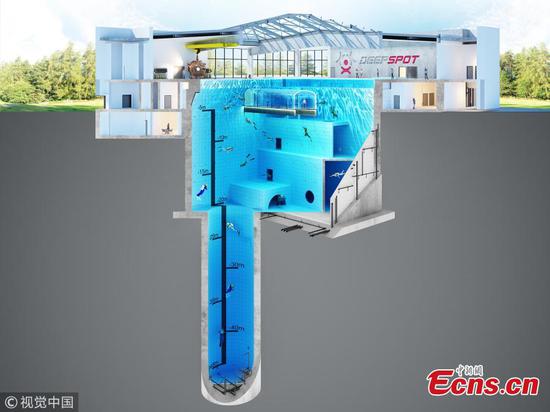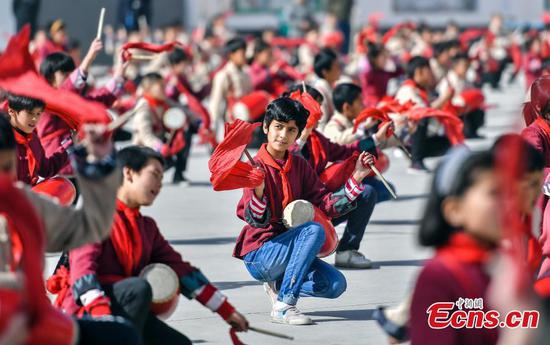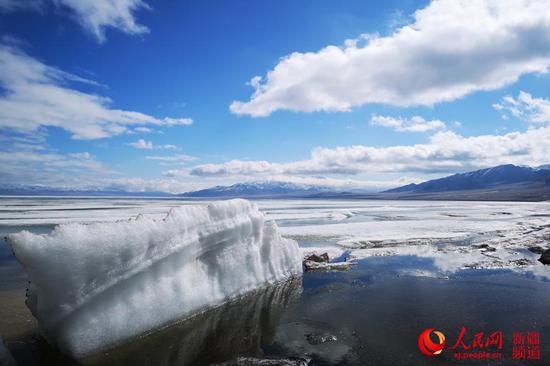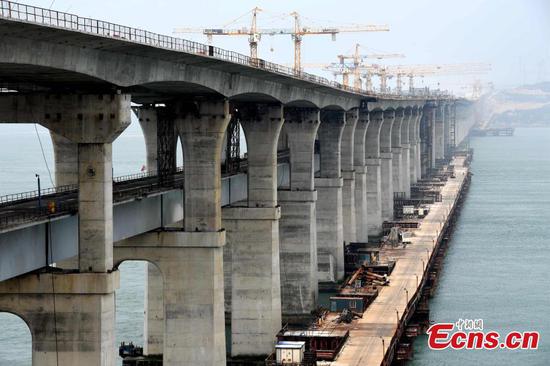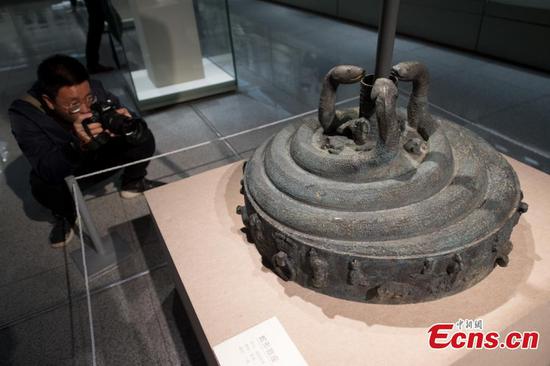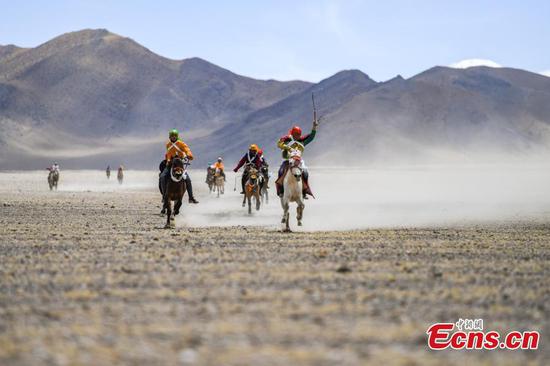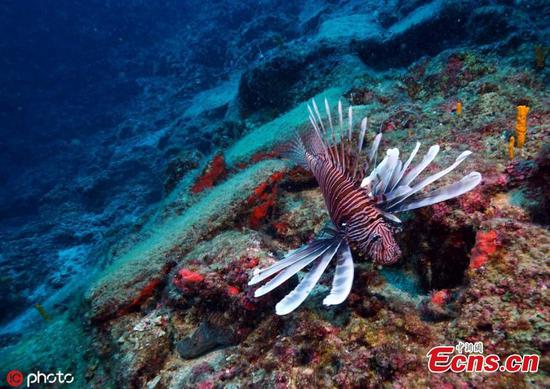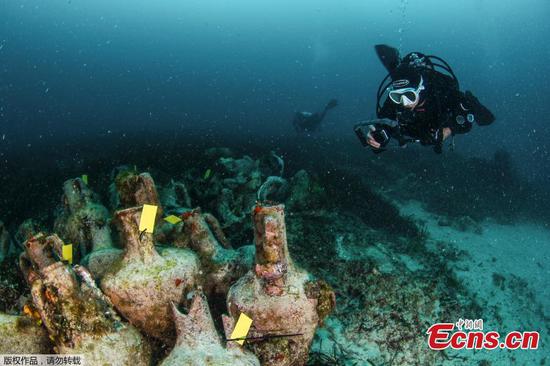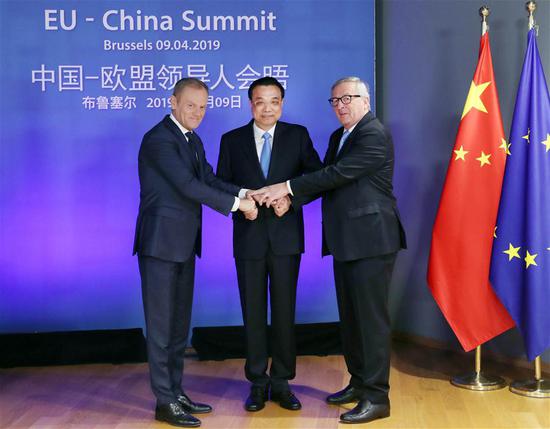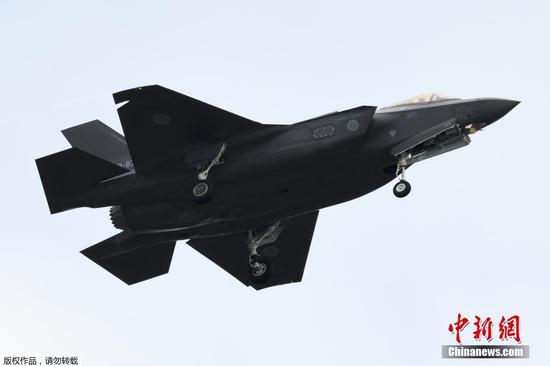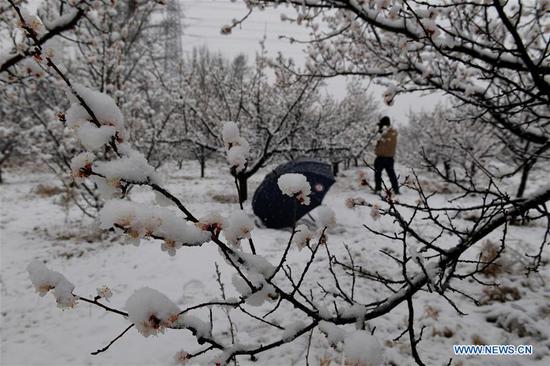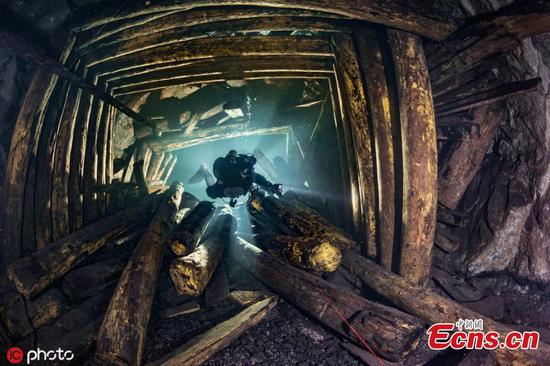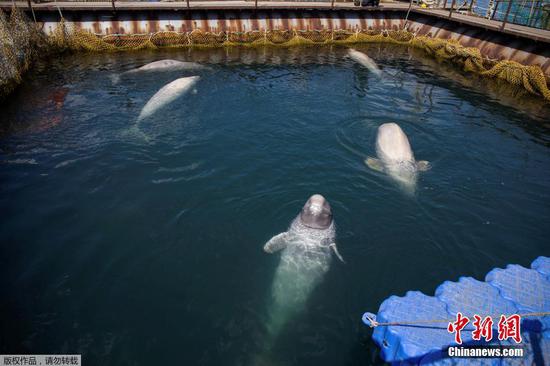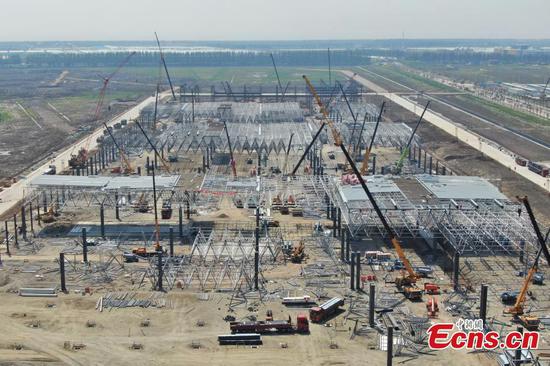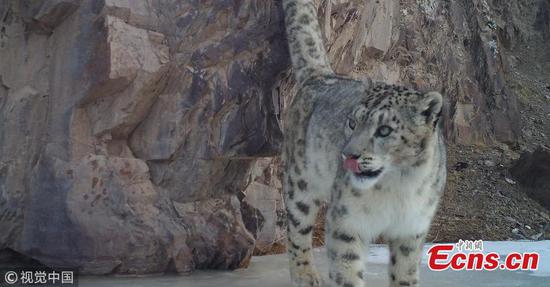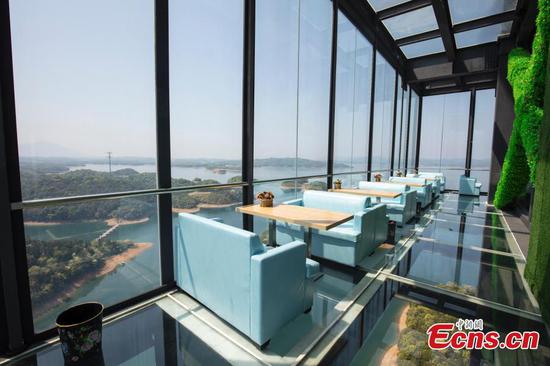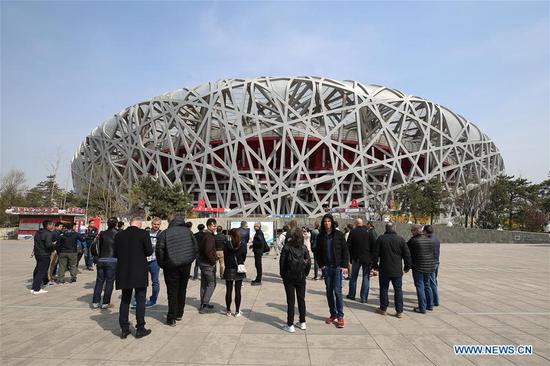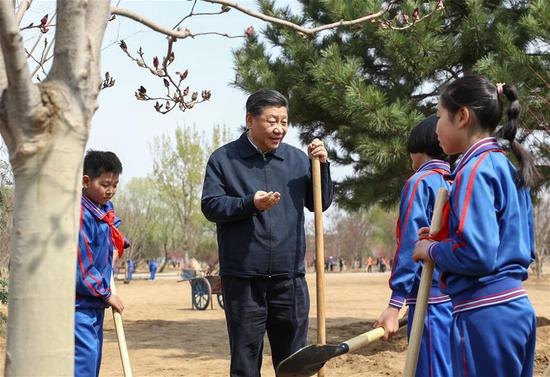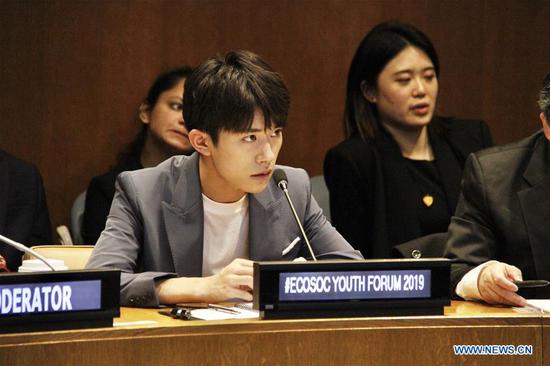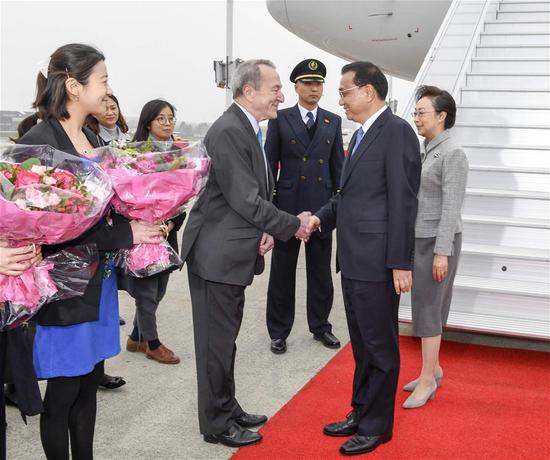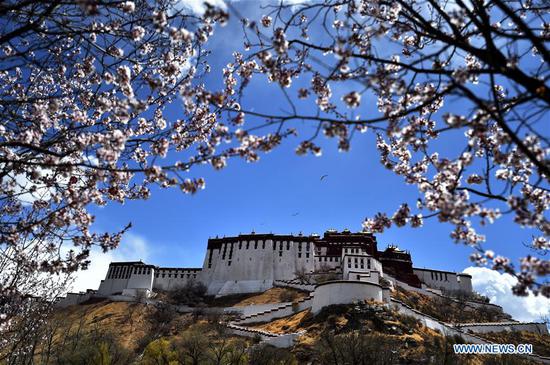So far, so good for Sino-Serbian ties
Dusan Prorokovic, executive director of the Center for Strategic Alternatives in Belgrade
China-Serbia cooperation has been gaining momentum. In the economic field, two more major Chinese investments have been made in Serbia since the last 16 1 summit.
In addition, Hisense has bought Slovenian electronics equipment manufacturer Gorenje and relocated the entire production unit from Slovenia to Serbia. Chinese projects in Serbia are starting to be measured not in millions but in billions of dollars.
Chinese investors are looking at Serbia as a desirable destination. And the measures taken by the Serbian government to attract Chinese companies are producing results. Also, new forms of cooperation are being discussed in areas such as energy (wind parks), infrastructure (railways and highways) and agriculture, as well as investments in greenfield projects.
The Serbian people, too, support further intensification and expansion of relations with Beijing. And Serbia supports Chinese initiatives in international organizations.
In this context, Serbia sees the decision of the Italian government to join the Belt and Road Initiative as an encouraging sign.
In many European countries Chinese investors have been welcome but those countries' political relations with China have remained tight. But in Serbia, the opposite is true: political relations have been excellent but for long they have not been accompanied by deepening economic cooperation. As such, many in Serbia (which is a candidate for EU membership) feared the country would invite the wrath of the EU or its leading members-Germany and France. But after the recent visit of President Xi Jinping to Italy, Monaco and France, it seems China and the EU are moving toward building better political relations.
Recently, Steve Bannon, former White House chief strategist, told reporters in Rome that "China, and not Russia, is a fundamental threat to the Western world". And during the celebration of the 70th anniversary of NATO in Washington, came the message: "In order to survive the next decades, the Alliance must think more about the threat from the East."
China baiters will try every possible trick to pressure European countries to rejig their relations with China. Serbia is not a NATO member, but since it is surrounded by NATO members, it might be influenced by NATO's policies. So the US' NATO and China policies can have negative effects on Serbia.
It is therefore necessary to undertake regional political initiatives in a timely manner in order to amortize in advance any attempt to misuse NATO. Serbia has the capacity to do so, and with the diplomatic support of China, a series of new projects can be initiated in the Western Balkans to avoid negative effects. The bottom line is, we need to strengthen relations with China. And the fact that everything looks good for us now should not make us complacent.










